By Bababunmi Agbebi
Nigerian President, Bola Tinubu presented a budget of N49.7 trillion for the 2025 fiscal year. The budget is named, “Budget of Restoration: Securing Peace, Rebuilding Prosperity. The President said the 2025 appropriation was designed to ensure macro-economic stability, poverty reduction, promoting economic stability, developing human capital development and insecurity.
With a revenue of N34.82 trillion to fund the budget, including N15.81 trillion for debt servicing, defence and security to receive N4.91 trillion, while infrastructure is proposed at N4.06 trillion. Health is projected at N2.48 trillion, and Education is proposed at N3.52 trillion. This raises concern for the allocation for debt servicing as over 35% of the budget is directed towards debt repayment. This trend could hinder long-term economic growth unless borrowing is channeled into productive sectors.
SECURITY
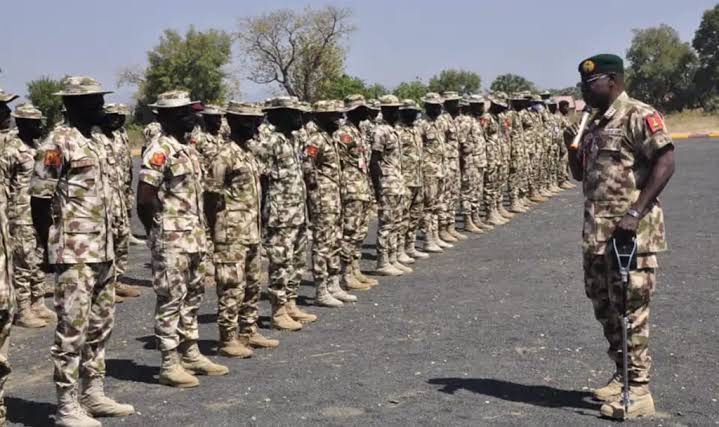
The President assures that with this funding his government will defeat banditry and other insecurity challenges in the country. While the focus on defence is understandable, the disproportionately high allocation may come at the expense of economic development initiatives. A balanced approach that addresses the root causes of insecurity, such as unemployment, could yield more sustainable outcomes.
INFRASTRUCTURE

He adds that his administration launched the Renewed Hope Infrastructure Development Fund to embark on infrastructural developments. An important step in Investments in infrastructure is strategy, with a focus on projects such as power generation, transportation networks, and digital infrastructure.
EDUCATION & HEALTH
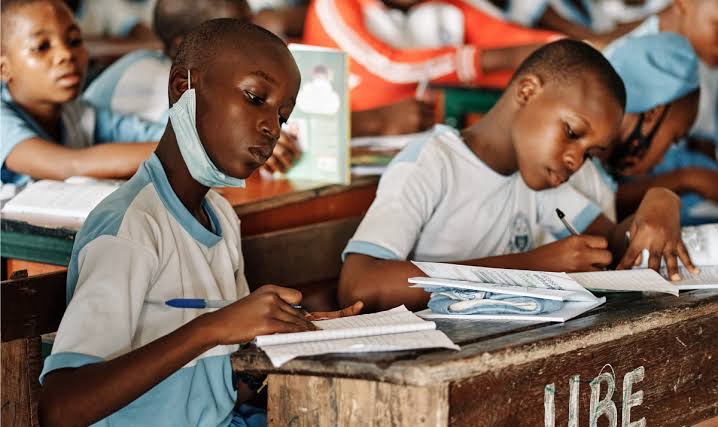
President Tinubu explained that his administration has disbursed N34 billion to over 300,000 students through the Nigeria Education Loan Fund (NELFUND) for human capital development and a basic health fund is expected to be launched for health. Allocations to education and health should focus on youth employment and skill development which will in turn play a critical role in addressing Nigeria’s population challenges.
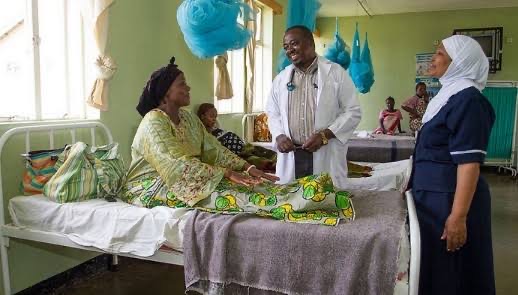
Despite the emphasis on social services, sectors such as housing, water resources, and tourism receive comparatively lower allocations.
For Nigerians to benefit positively from the dividends of democracy, the government must prioritize concessional loans and restructure existing debts to alleviate the debt burden. Emphasis should be placed on generating revenue through including ICT, agriculture, and creative industries. It is also key to note that the establishment of independent monitoring units to track budget implementation and ensure project completion is vital. This will enhance transparency and build public trust in government spending.

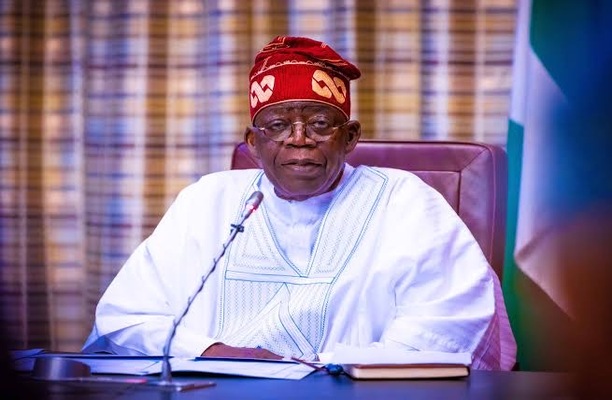



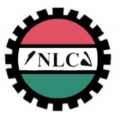

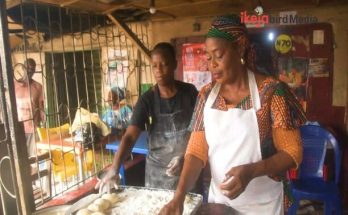

Our major problem in this country is corruption. Monies allocated to loan servicing will be be emblezzled by some sect.
Who will know?????